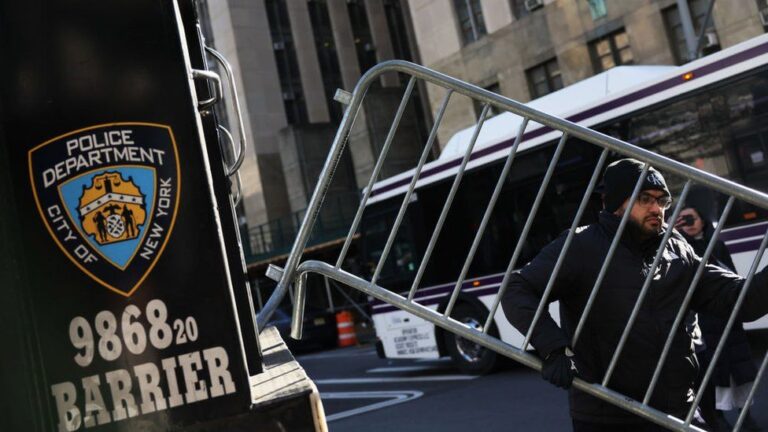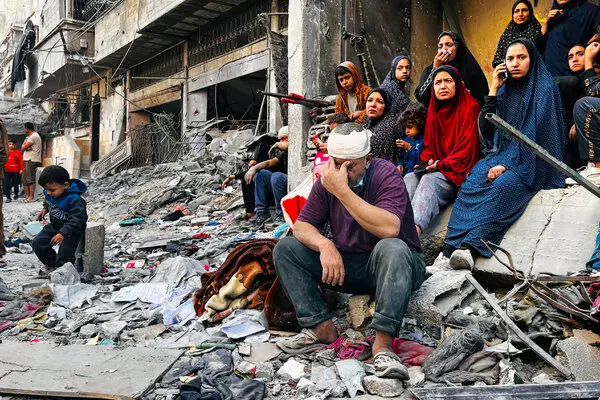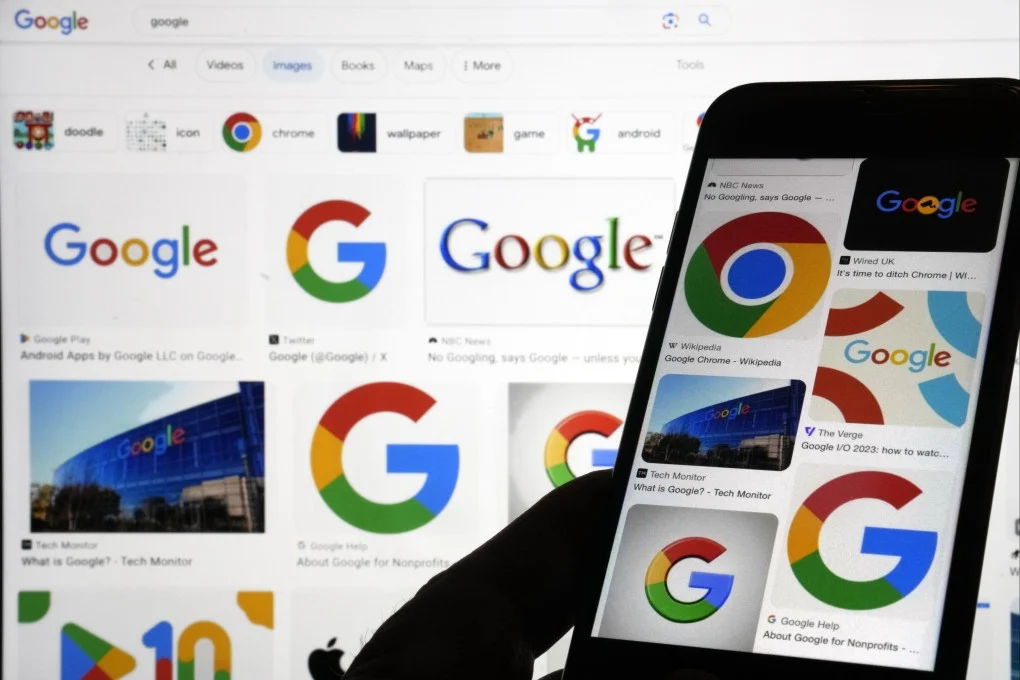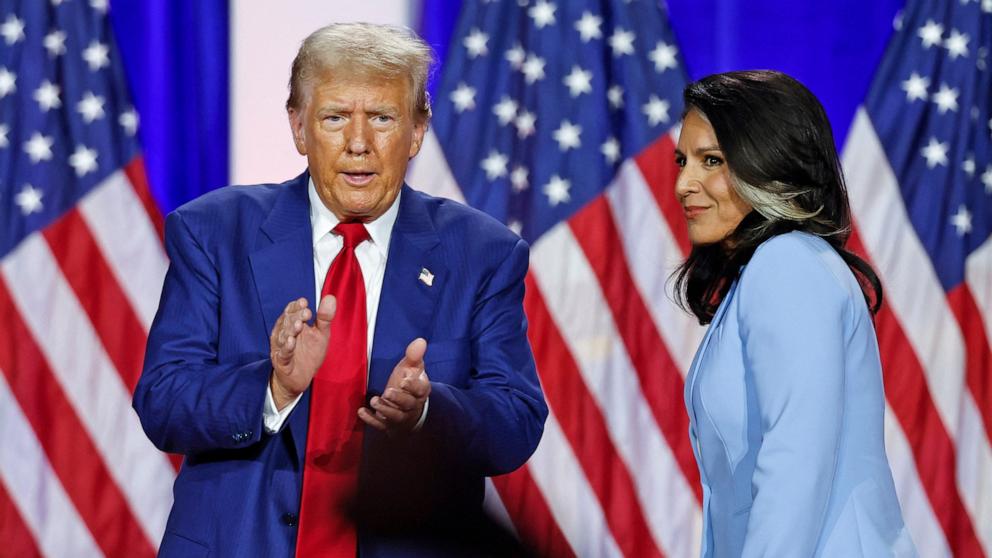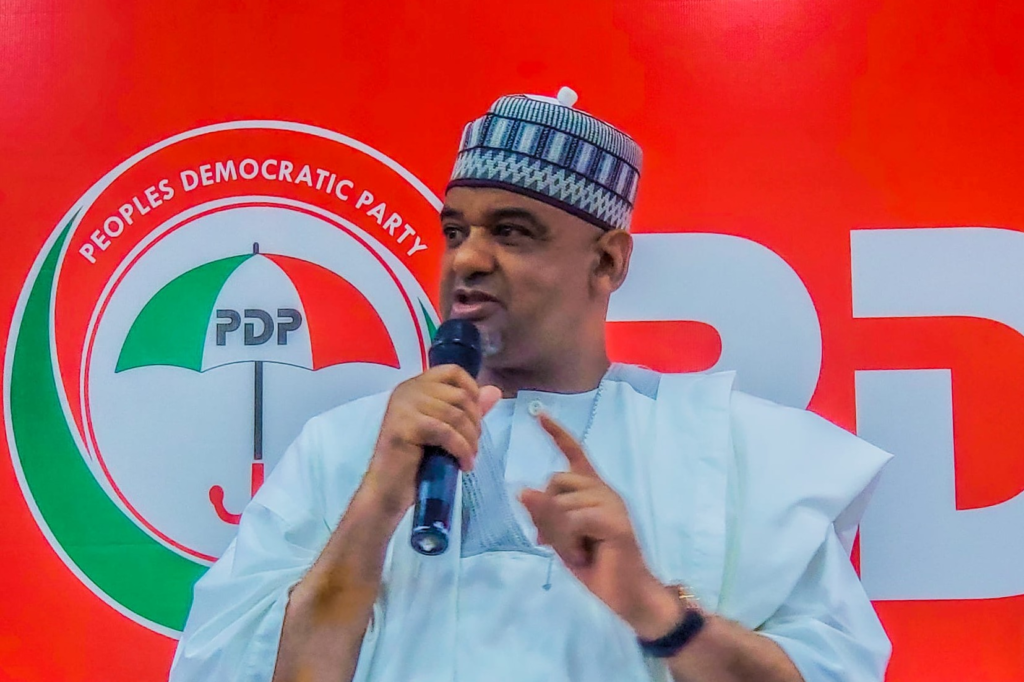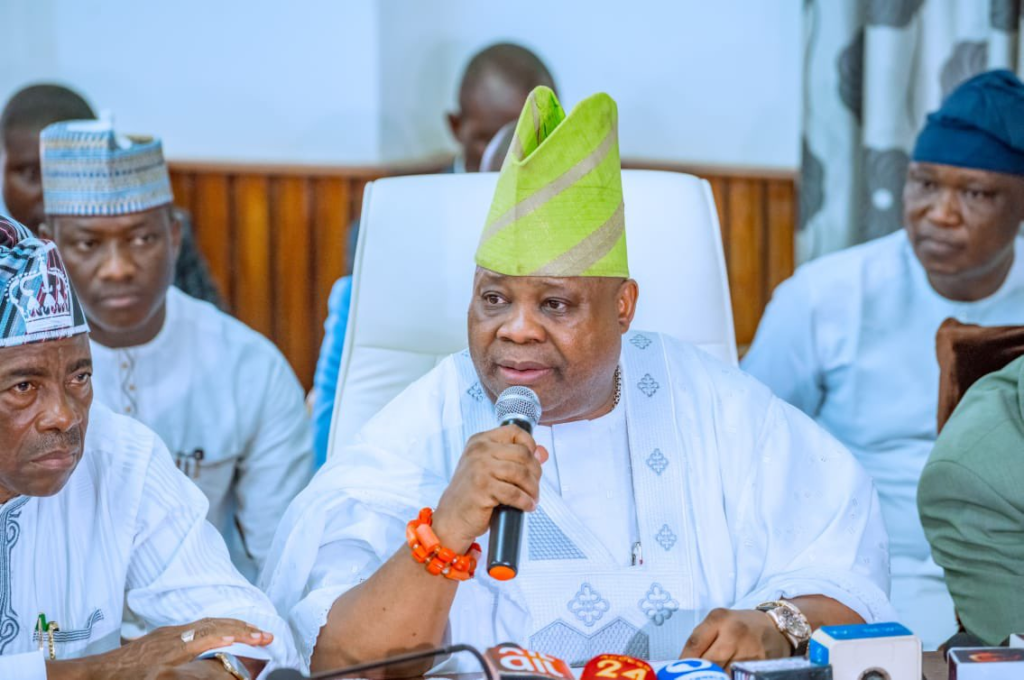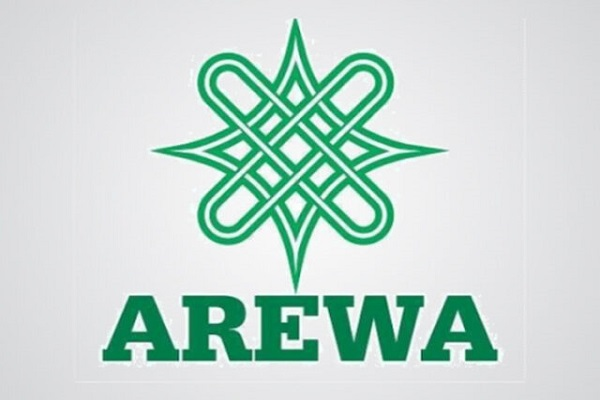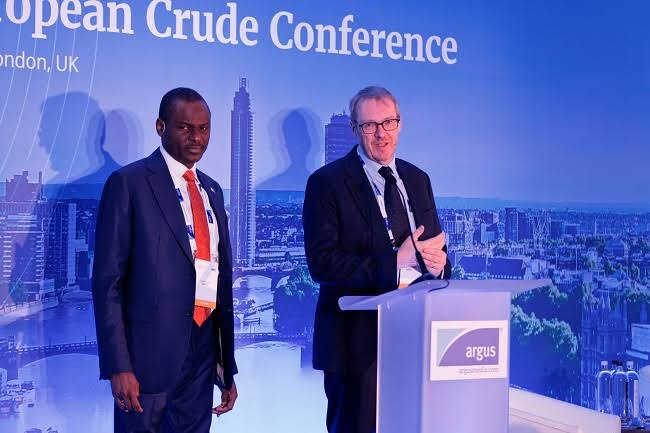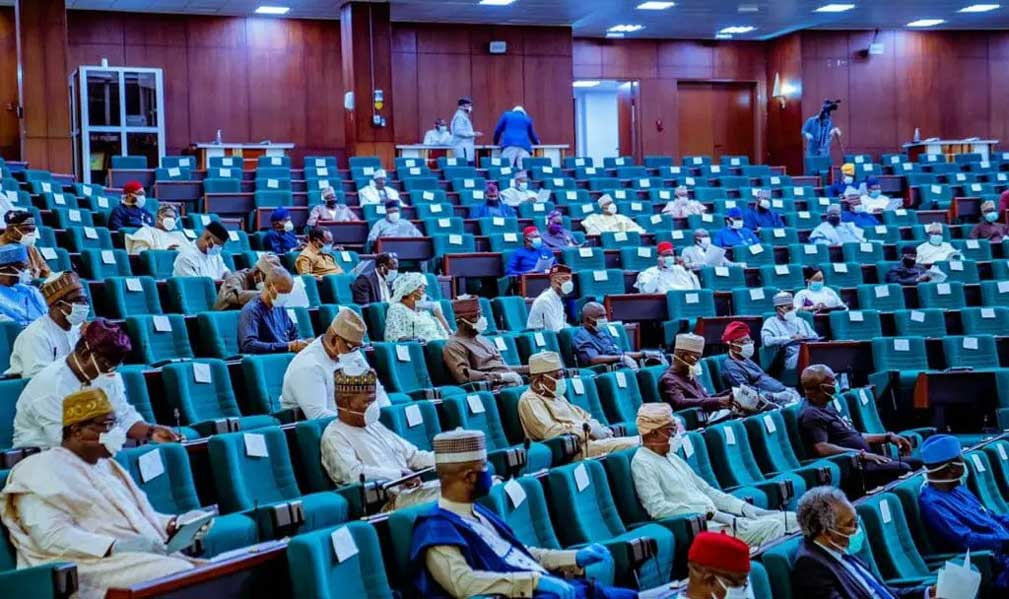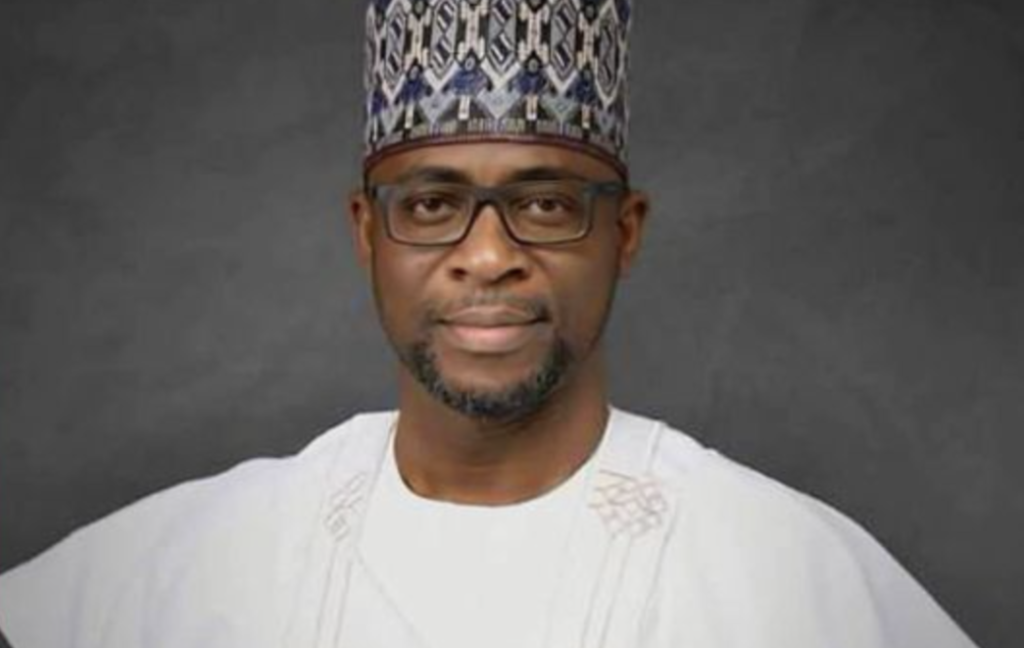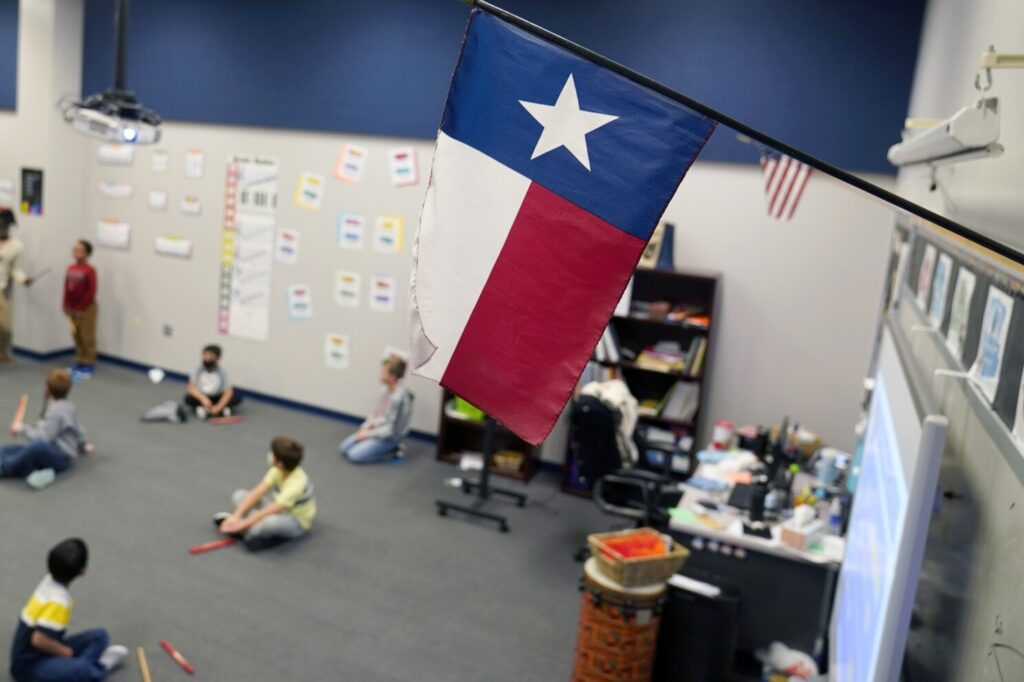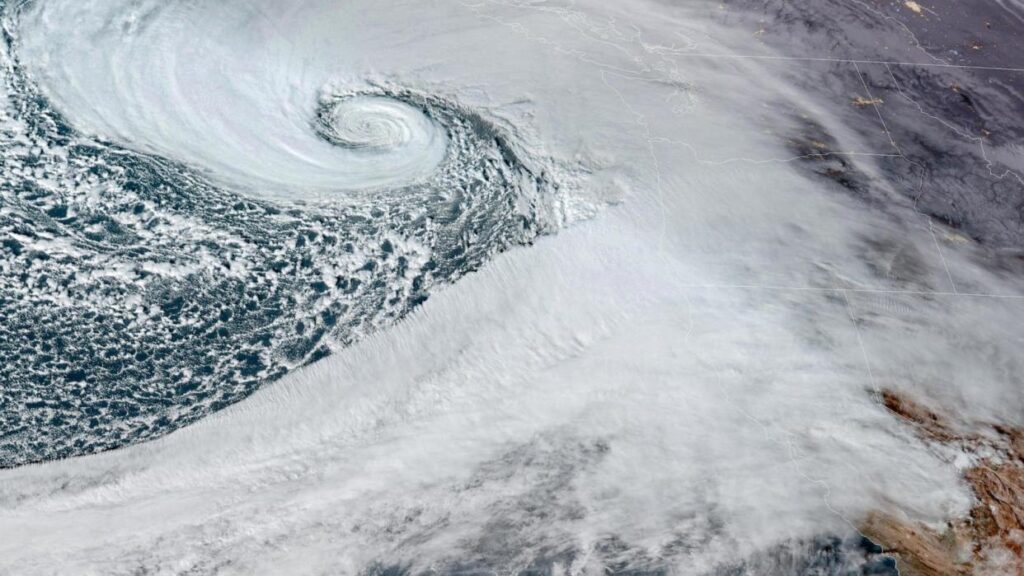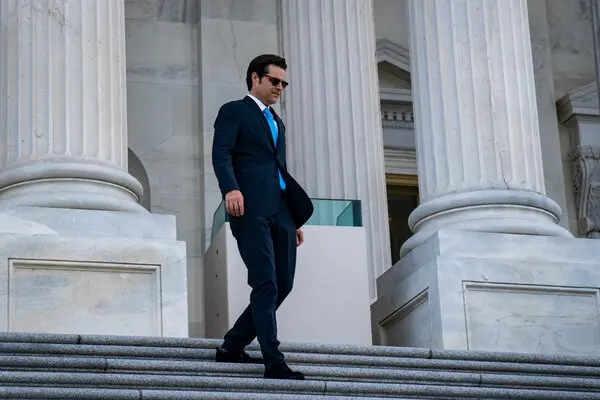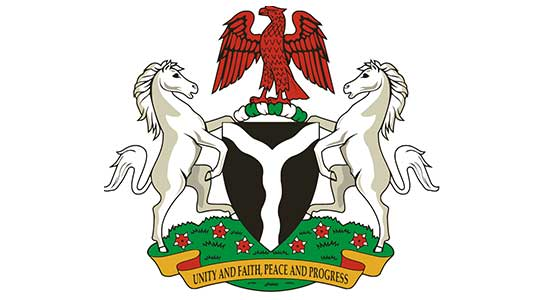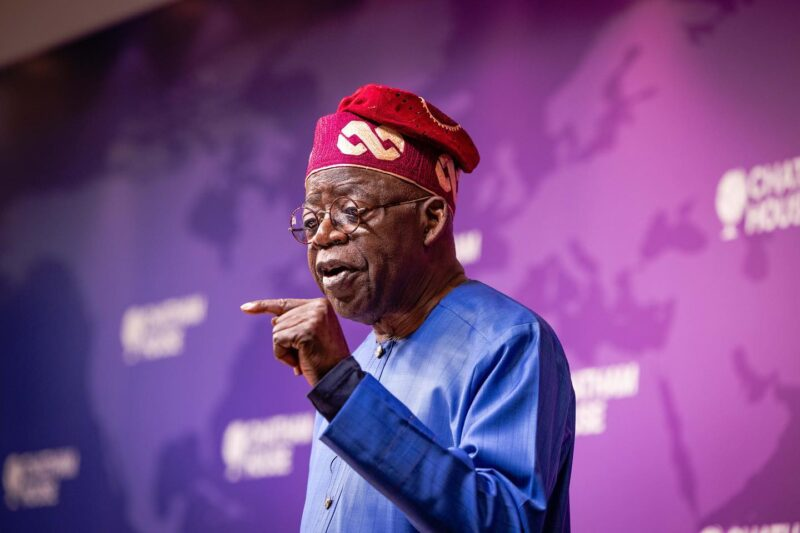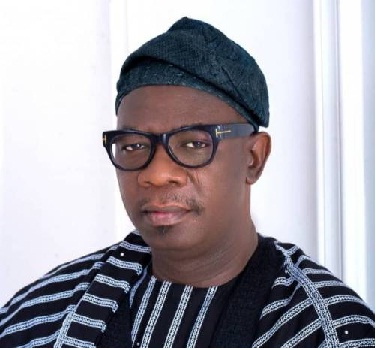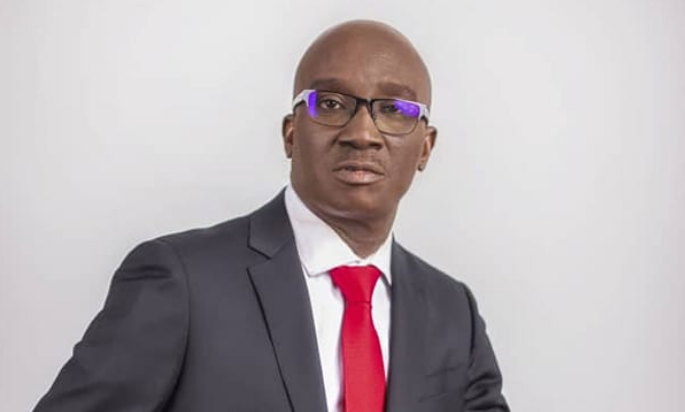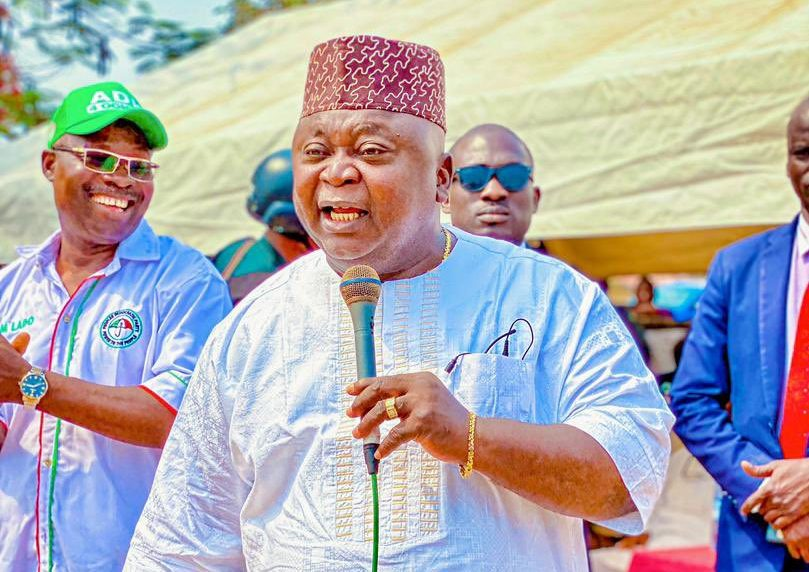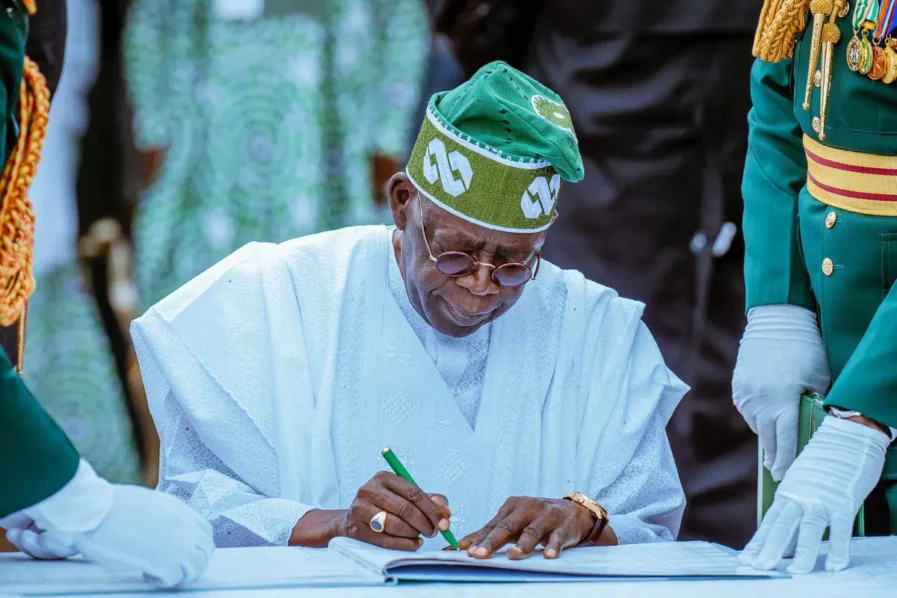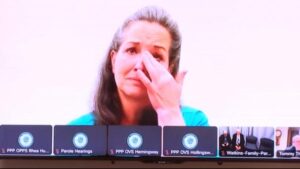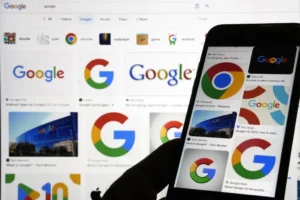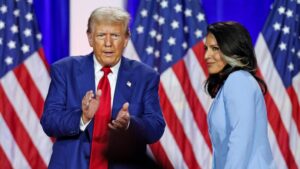Police in major US cities are preparing for potential unrest in case ex-President Donald Trump is arrested this week as part of a hush-money inquiry.
Authorities in New York, Washington DC and Los Angeles are ramping up their law enforcement presence.
A Manhattan prosecutor may charge Mr Trump over claims that he paid a porn star to keep quiet about the affair they allegedly had.
It would be the first criminal case brought against a former US president.
Steel barricades were being erected on Monday outside the Manhattan Criminal Court, where Mr Trump could be charged, fingerprinted and photographed if charges are filed this week, as US media widely anticipate.
Increased police presence has also been seen outside Trump Tower in the city.
Every member of the New York Police Department (NYPD), including plainclothes detectives, has been ordered to wear their full uniform on Tuesday and is being placed on standby to mobilise, a police source told CBS, the BBC’s US partner.
The NYPD and the FBI’s Joint Terrorism Task Force have been in touch with the US Secret Service, whose job it is to protect presidents and former presidents, about how a potential arrest might take place.
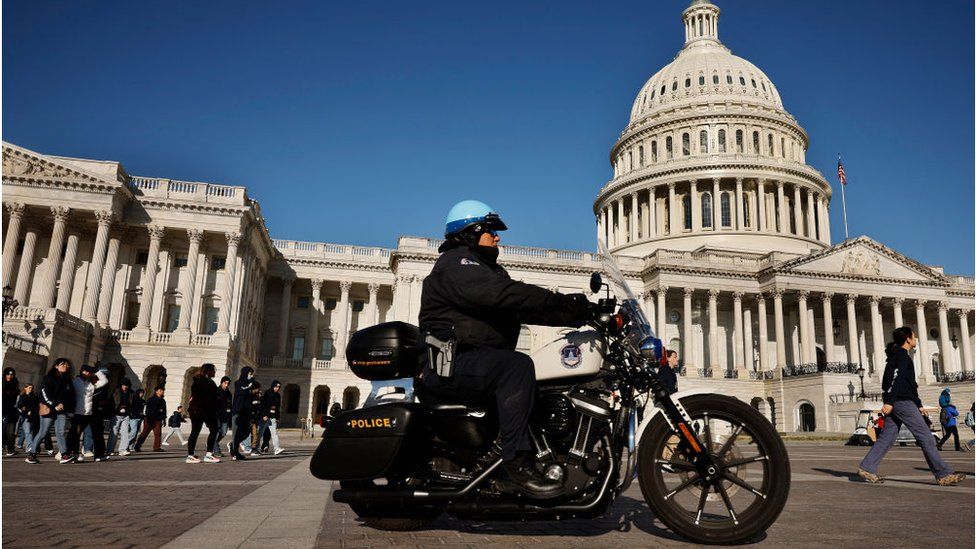
Capitol Police, who protect lawmakers on Capitol Hill in Washington DC, plan to issue an emergency declaration on Tuesday, a congressional source told CBS.
The order aims to increase co-ordination with other law enforcement agencies.
More civil disturbance officers will also be on standby, though the congressional source said there was no specific threat and that the order was proactive.
In Los Angeles, the LAPD and federal officials were preparing for a pro-Trump protest on Tuesday outside a federal building, the LA Times newspaper reports.
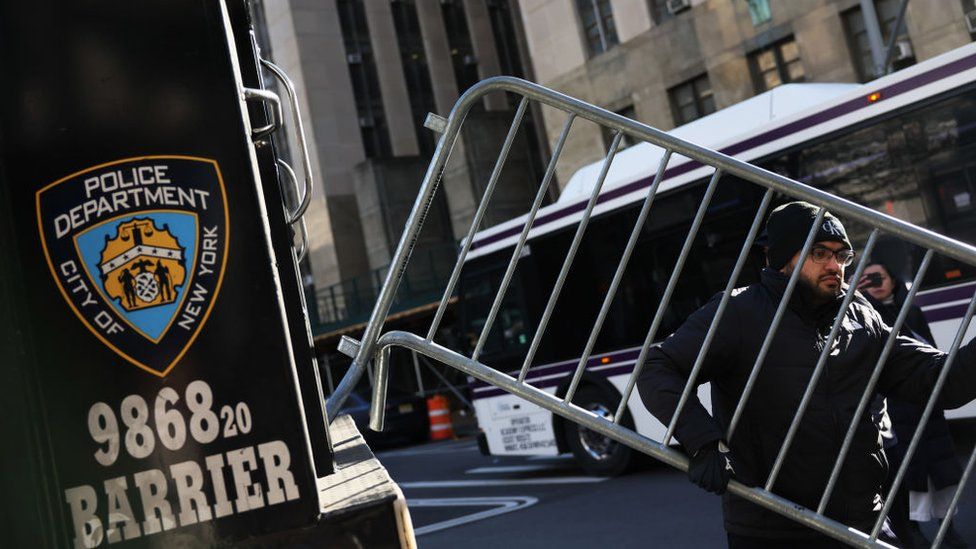
US intelligence officials have detected an uptick in online threats against legal and government officials since Mr Trump wrote online on Saturday that he expected to be arrested on Tuesday, according to CBS.
Most of the threats were against Manhattan District Attorney Alvin Bragg, the man widely expected to file charges against Mr Trump.
On Saturday, the same day Mr Trump posted that his supporters should protest, Mr Bragg sent an email to staff.
“We do not tolerate attempts to intimidate our office or threaten the rule of law in New York,” the prosecutor wrote.
Why is Trump under investigation?
The grand jury has been set up by Mr Bragg to determine whether there is enough evidence to indict Mr Trump.
The Stormy Daniels case centres on how Mr Trump reimbursed his former lawyer, Michael Cohen, after he paid Ms Daniels $130,000 to keep quiet ahead of the 2016 presidential election about an alleged affair years earlier with Mr Trump. The former president has denied any such relationship with Ms Daniels.
The record for the payment reimbursing Mr Cohen says it was for “legal fees”.
Prosecutors could argue this amounts to Mr Trump falsifying business records. That is a misdemeanour in New York, though it could be upgraded to a felony, a more serious case, legal analysts say.
The Secret Service agents assigned to protect Mr Trump will stay with him during any arrest, reports NBC.
Other US media say there will be no perp walk – when a handcuffed suspect is publicly marched by officers to face charges.
Meanwhile in the courtroom, the grand jury heard on Monday from a Trump ally called Robert Costello who was called by the Trump team to undermine the star prosecution witness, Mr Cohen.
Mr Costello told reporters after emerging from two hours of testimony: “I told the grand jury that this guy [Mr Cohen] couldn’t tell the truth if you put a gun to his head.”
He claimed Mr Cohen, whom he used to work with, had once told him that Mr Trump was not aware of the payment to Ms Daniels.
Mr Cohen was jailed in 2018 for multiple offences including violating campaign finance laws by not declaring the payment. Mr Trump has said he only learned of the payment much later.
After Mr Costello’s testimony on Monday, Mr Cohen hit back, saying that Mr Costello “lacks any sense of veracity”.
Mr Trump has vowed to continue his campaign to become the Republican nominee in the 2024 presidential election if he is indicted.
But 44% of Republicans said he should drop out of the presidential race if charged, a Reuters/Ipsos poll found on Monday.
BBC

